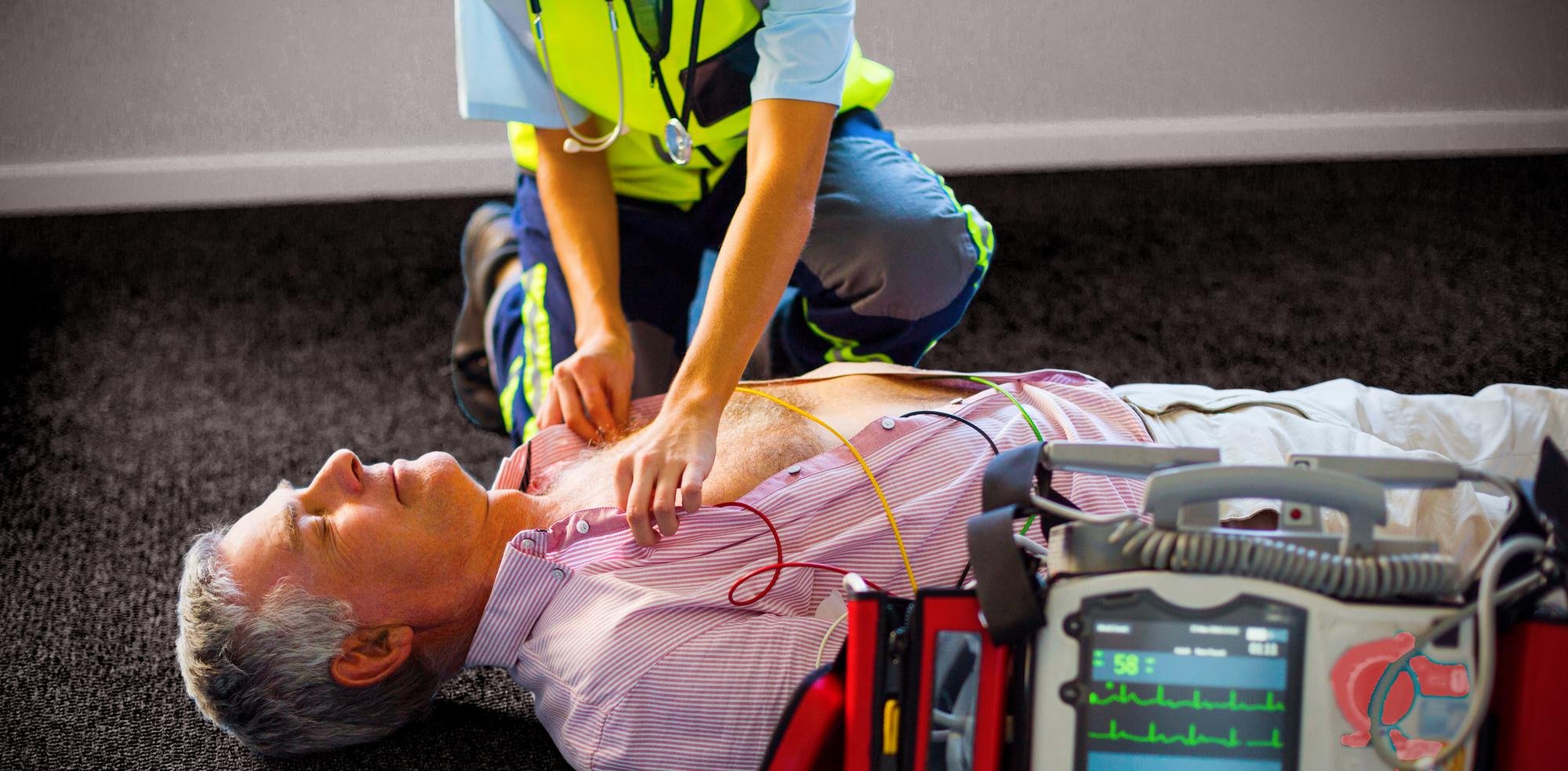
Business & Groups
Group Classes
OSHA-10 Training and Certification
OSHA 10-hour training is a course that teaches basic safety and health information for entry-level workers. It's part of the Occupational Safety and Health Administration's (OSHA) Outreach Training Program. This training is available for groups, email scalderon@cprangeles.com for a quote.
What's covered
Common workplace hazards, such as electrical hazards, falls, and fires
How to avoid, control, and prevent hazards
Workers' rights
Employer responsibilities
How to file an OSHA complaint
Who can take it: Construction workers, Factory workers, Warehouse staff, and Health care professionals.
How long does it take: The course takes at least two days to complete
Related training
OSHA also offers a 30-hour course for supervisors or workers with some safety responsibility.
OSHA-30 Training and Certification
OSHA 30-Hour Training is a course that teaches workers and supervisors how to identify and respond to workplace health and safety hazards. This training is available for groups, email scalderon@cprangeles.com for a quote.
What topics are covered? jobsite safety, risk avoidance, workers' rights, and employer obligations.
Who needs this training?
The U.S. Department of Labor (DOL) requires an OSHA 30 card for employment in construction and other industries.
Construction and general industry workers are often exposed to many worksite hazards.
How do I get certified?
To earn an OSHA 30 card, you must pass end-of-module quizzes and two final exams.
You have up to three attempts to pass each quiz and the final exam with a minimum score of 70%.
You must complete the Outreach course and the end-of-course survey within six months from the start of the course.
Career and Technical Education:
Prepare for a Career in the following fields:
If interested please email scalderon@cprangeles.com. We will send you more free information.
Bloodborne Pathogens Training and Certification
Bloodborne Pathogens course teaches people how to protect themselves and others from bloodborne pathogens. The course is intended to meet Occupational Safety and Health Administration (OSHA) requirements.
This training is available for groups, email scalderon@cprangeles.com for a quote.
Basic Life Support (BLS) Training for Healthcare Providers
Essential Life-Saving Skills for Medical Professionals.
Our Basic Life Support (BLS) Certification Course provides healthcare providers and first responders with the skills and knowledge to recognize life-threatening emergencies, perform high-quality CPR, and use an AED effectively. This course is designed to meet the latest American Heart Association (AHA) guidelines.
Whether you’re renewing your certification or seeking it for the first time, this training ensures you're prepared to act quickly and confidently in critical situations.
What the Course Includes
✅ High-Quality CPR for Adults, Children & Infants
Master the skills needed to perform one- and two-rescuer CPR in a variety of healthcare and prehospital settings.
✅ AED (Automated External Defibrillator) Use
Learn how to use an AED as part of a coordinated emergency response, including integration with CPR.
✅ Team Dynamics
Understand your role in team-based resuscitation scenarios and improve communication during emergency response.
✅ Airway Management & Rescue Breathing
Practice opening the airway, delivering effective breaths, and recognizing when advanced airway equipment is needed.
✅ Choking Relief
Learn techniques for relieving choking in responsive and unresponsive individuals of all ages.
Who Should Take BLS Training?
This course is required or recommended for:
Nurses & Nursing Students
EMTs & Paramedics
Doctors, Dentists, & Medical Assistants
Physical Therapists & Occupational Therapists
Hospital & Clinic Staff
Any Healthcare or Emergency Response Personnel
Certification Details
Upon successful completion, you will receive a 2-year BLS Provider Certification from the American Heart Association (AHA). Certification cards are issued on the same day (in most cases) and are valid for all healthcare settings.
Why BLS Certification Matters
In a medical emergency, seconds count. BLS training ensures you’re not only ready to respond but that your actions are effective, evidence-based, and aligned with current medical standards. Whether you’re responding in a hospital, clinic, or out in the field, your skills can make the difference between life and death.
CPR and First Aid
Infant, Child & Adult CPR, AED & First Aid Training
Be Prepared. Save a Life.
Our CPR, AED, and First Aid Training course is designed to equip you with the essential skills to respond confidently in emergencies involving infants, children, and adults. Whether you're a parent, caregiver, teacher, or just someone who wants to make a difference, this course will help you be ready when every second counts.
What the Course Covers
✅ CPR for Infants, Children & Adults
Learn age-appropriate CPR techniques, including how to respond to breathing and cardiac emergencies for people of all ages.
✅ AED Training
Gain hands-on experience with an Automated External Defibrillator (AED) and understand when and how to use it during cardiac emergencies.
✅ First Aid Essentials
Respond to everyday injuries and emergencies such as choking, bleeding, burns, allergic reactions, and more.
✅ Emergency Preparedness
Learn how to assess the scene, call for help, and take effective action until medical professionals arrive.
Who Should Take This Course?
This training is perfect for:
Parents & Grandparents
Babysitters & Nannies
Teachers & Coaches
Childcare Providers
Workplace Teams
Anyone who wants to be prepared!
Certification Details
Participants who successfully complete the course will receive a 2-year certification from a nationally recognized organization such as the American Heart Association or American Red Cross, depending on the provider.
Why This Training Matters
Every year, thousands of lives are saved thanks to bystanders who knew how to respond in an emergency. Immediate CPR can double or triple survival rates during cardiac arrest — and your ability to act could make all the difference.





